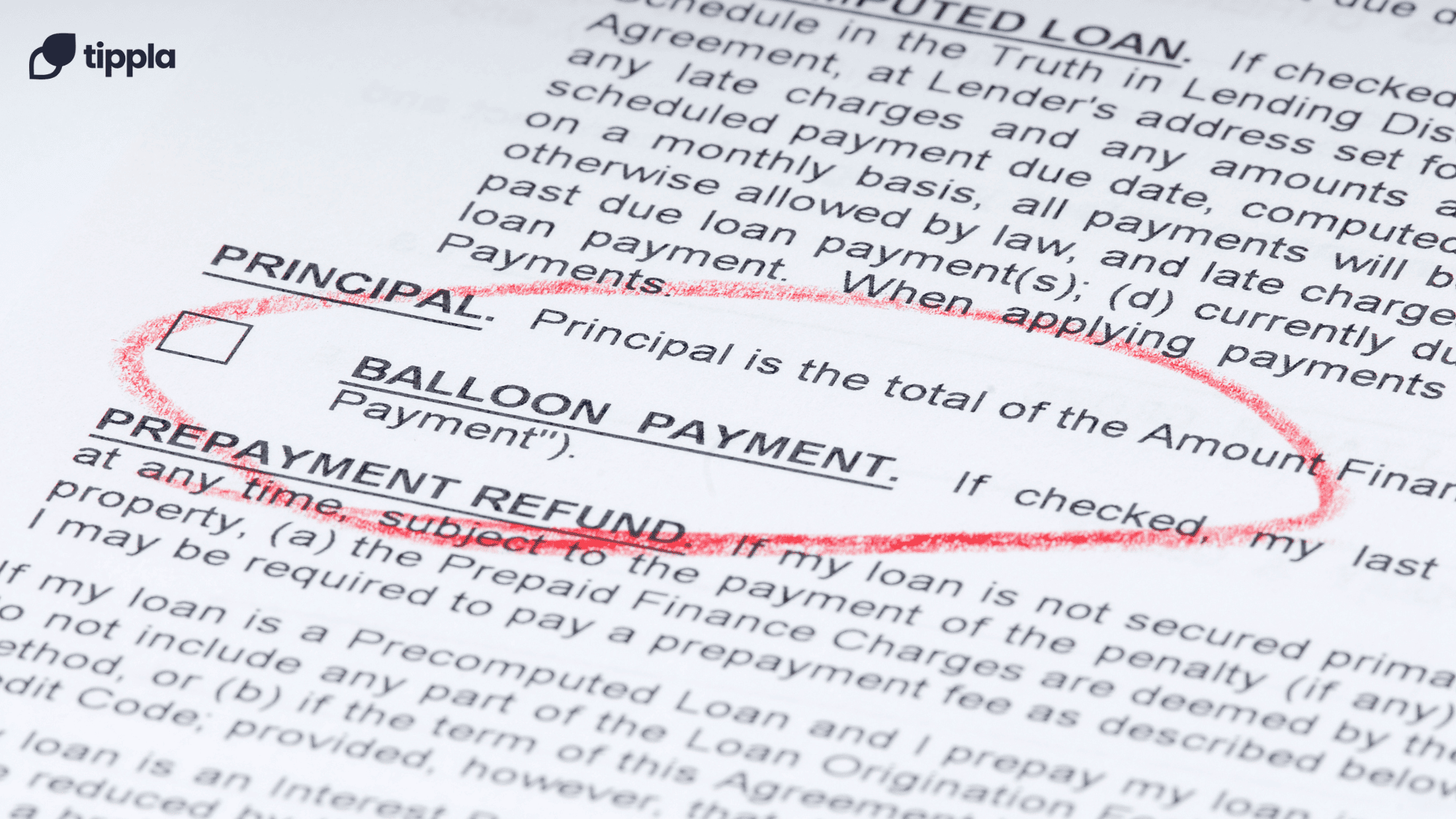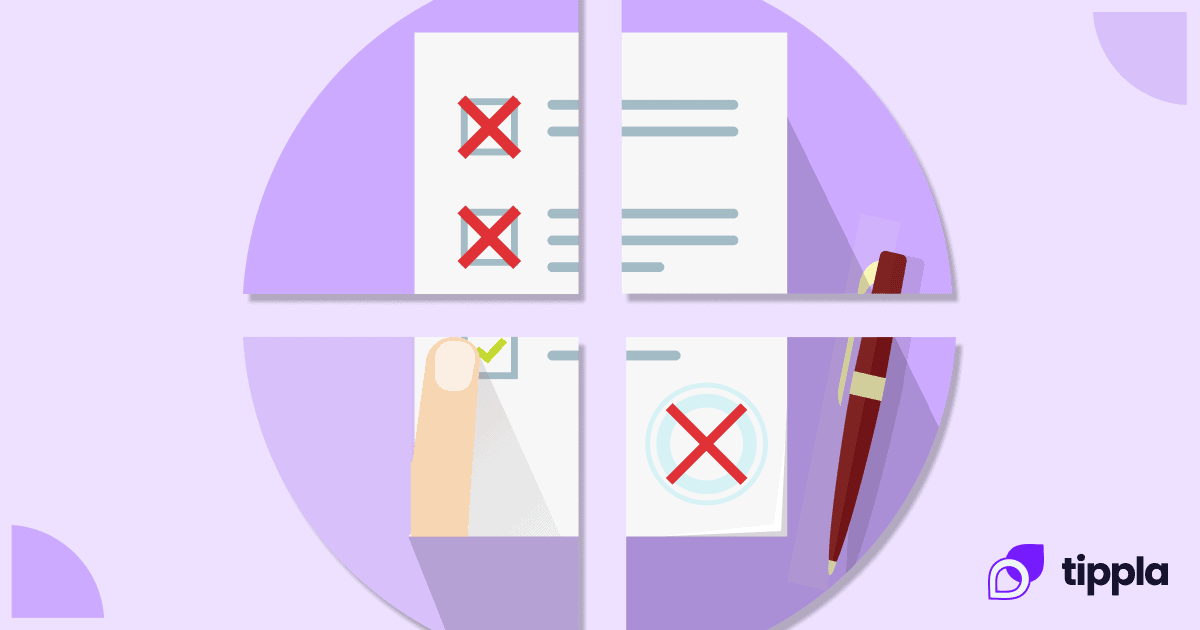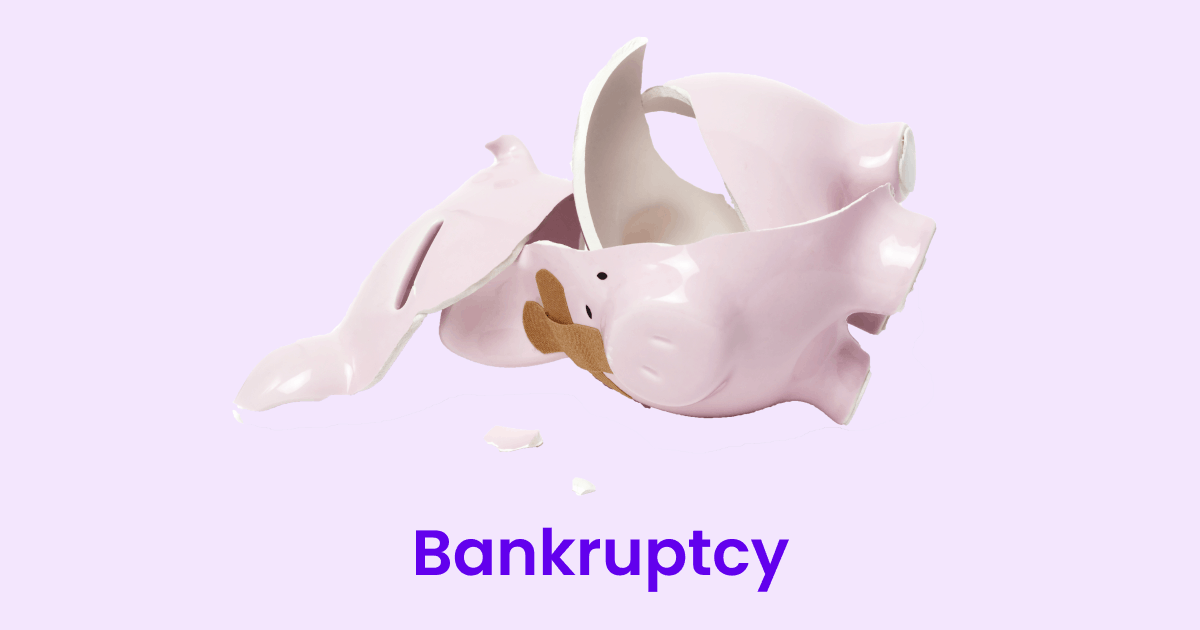Published in July 28, 2021
What Is a Joint Personal Loan?

Understand what joint personal loans are, how they work, and learn about the advantages and risks before applying.
You and your partner had joint finances for quite some time and now you’re thinking about taking it a step further by taking out a loan together? A joint personal loan may increase your likelihood to get your application approved and provides security through a second party. But it also comes with a few risks. Let’s have a look at what you should think about before taking on a joint personal loan with a partner or relative.
What is a joint personal loan application?
As the name suggests, a joint personal loan is a type of loan that you take out with another individual. This could be either a partner, a friend, a business associate, or a family member. Both parties are referred to as co-owners. While it can be great to share responsibilities, joint personal loans come with one big risk: Both owners are jointly liable for the loan. If one co-owner becomes incapable of making the repayments, the second person is responsible to cover them. Even if your engagement with this person ends for whatever reason, you would still be liable to pay off the loan.
Why you might want to take out a joint personal loan
You could take out a joint loan to cover a shared asset with a partner (e.g. family car). In that case, it can be sensible to share the responsibility of repayments. In some cases, a joint application may also help to secure a larger loan amount.
But regardless of how close you are with the person, you plan on sharing the loan with, it is important to assess both your and their financial position before handing in the application. Even if you love them dearly, you should ask yourself:
- Are they financially reliable?
- Do they have bad spending habits or are they handling their personal finances well?
- Can they sometimes be selfish with money?
- Do you see any current risks for their financial future?
- Can you easily talk about money with them?
How can you apply for a joint loan?
Applying for a joint personal loan is as simple as an individual application. You will have to provide your lender with personal and financial details of both you and your partner. The lender will assess both your financial situations through one application instead of two. Some lenders give you almost instant feedback but in most cases, you will hear back from them within 3 business days.
What could go wrong?
Let’s hope nothing goes wrong. But that doesn’t mean you shouldn’t think about the worst-case scenario and be prepared. Getting a joint personal loan means you are not the only one who’s responsible. Unfortunately, some co-owners may not take this responsibility as seriously as others. Possible worst-case-scenarios are that your co-owner runs out of money, decides to vanish or simply refuses to pay over a stupid argument and you are stuck with the repayments on your own. Your lender won’t care who makes the repayments as long as there is money coming in on time. Only if both parties fail to make their repayments, legal actions can be taken. That’s why the Australian Securities and Investment Commission (ASIC) recommends that you protect yourself before taking out a loan. This could happen in the form of legal advice.
Joint Personal Loans: Benefits and Risks
Are you still unsure if taking on a loan with a partner is a good idea or not? Let’s look at the conclusion before jumping into a decision.
The maybe biggest advantage of a joint personal loan is that you may be able to apply for a higher amount of money. Most likely you will be able to apply for a langer sum than if both of you would get individual loans. With a joint loan, you are also able to consolidate larger debts if necessary. You may also have a better chance of approval if one of you can benefit from the other’s good credit score. Check your credit score and find out where you’re at!
On the other hand, taking out a loan with a partner comes with some risks. You have to rely on each other to make repayments and not everyone is equally responsible. Therefore, you should choose wisely who you want to take on board for a loan. Even if it’s your partner who misses a payment, both of you may be charged a late payment fee. And worst-case, you are liable to ensure payments if your partner disappears or can’t meet their responsibilities.
While we at Tippla will always do our best to provide you with the information you need to financially thrive, it’s important to note that we’re not debt counsellors, nor do we provide financial advice. Be sure to speak to your financial services professional before making any decisions.
Related articles


Renters Insurance Declarations Page?
02/08/2021
What is a Renters Insurance Declarations Page? A renters...

How Long Does Bankruptcy Stay On Credit Report?
29/07/2021
There are a number of reasons why someone might...

How Does Bankruptcy Affect Your Credit Score?
12/10/2021
Bankruptcy – it’s a word that you’ve very likely...
Subscribe to our newsletter
Stay up to date with Tippla's financial blog